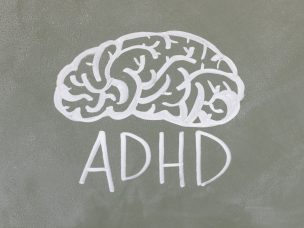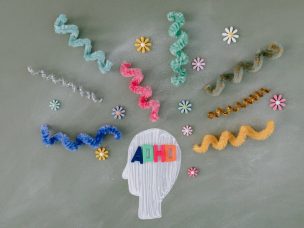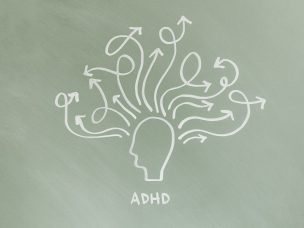ADHD
Emotional Dysregulation in Adult ADHD: Prevalence and Treatment Opportunities
Emotional dysregulation may function as a fourth core symptom of ADHD, and it has many wide-ranging negative effects in adults. Although the symptoms and effects of ADHD vary, the condition tends to have lasting effects on the social, academic, and professional lives of those affected. ADHD first appears in childhood and continues to affect between...
Environmental Stressors: Their Structural Nature and Impact on Cognitive Disorders
The effects of environmental stressors on cognitive conditions are complex, and this article provides insights into how and why these stressors continue to affect certain communities more than others. The combined effects of environmental toxicants and social stressor exposures have been recognized by past research as important public health problems that can likely contribute to...
The Geographic Distribution of ADHD in the United States
ADHD rates are shown to vary substantially across different geographic regions in the United States. Attention deficit/hyperactivity disorder (ADHD) is common in childhood and tends to be associated with long-term difficulties in family, academic, and social settings. It is important for researchers and clinical practitioners to have a good understanding of ADHD prevalence in their...
Remission and Recurrence of ADHD: A Longitudinal Study
The current understanding of ADHD assumes that many children with ADHD outgrow it by adulthood, but this longitudinal study shows that remission and recurrence are common in most children as they age. It is currently estimated that childhood attention deficit hyperactivity disorder (ADHD) remits in adulthood in around 50% of cases. However, this conclusion is...
Novel Techniques for Identifying Non-Stimulant ADHD Therapeutics
This article describes a new way of identifying possible non-stimulant ADHD therapeutics, which can have fewer side effects than their stimulant counterparts. The most common first-line therapeutic treatment for attention-deficit/hyperactivity disorder (ADHD) is methylphenidate. However, this medication has a number of serious side effects, including weight loss, insomnia, and hypertension. The development of non-stimulant-based therapeutics...
The Implications of Contemporary ADHD Research
Attention-deficit/hyperactivity disorder research is making progress in new directions, and this review summarizes many of these new research avenues and discusses their implications. Although scientific research into the characterization of attention-deficit/hyperactivity disorder (ADHD) has progressed a lot in the past fifty years, many of the new insights that are available as a result of this...
Dependency on New Technologies and Individuals with ADHD
Individuals with ADHD, particularly combined and hyperactive/inattentive subtypes, are at risk for developing disorders associated with new technology, including mobile phone dependency, internet dependency disorder, and internet gaming disorder. There is an increase in the use and application of new technologies globally. This increase is paralleled by increased concern about the development of different disorders...
Temperament in Toddlers Related to ADHD and Autism Spectrum Disorder
Certain temperamental characteristics may effectively differentiate attention deficit hyperactivity disorder (ADHD) and autism spectrum disorder (ASD) at an early stage. Accelerometers and observational methods provide key markers of toddler temperament, in addition to parental assessments. Children with Attention Deficit Hyperactivity Disorder (ADHD) and Autism Spectrum Disorder (ASD) share certain temperamental features, such as limited effortful...
Attention-Deficit Disorder, Family Factors, and Oral Health Literacy
Level of oral health literacy (OHL) is associated with signs of ADHD, family income, maternal schooling, and family cohesion and adaptability. The association between oral health literacy (OHL), relationships, and family factors in adolescents with attention-deficit hyperactivity disorder (ADHD) are relatively unclear. Studies suggest that hyperactivity and inattention in ADHD may lead to impairment of...
More Medical News














